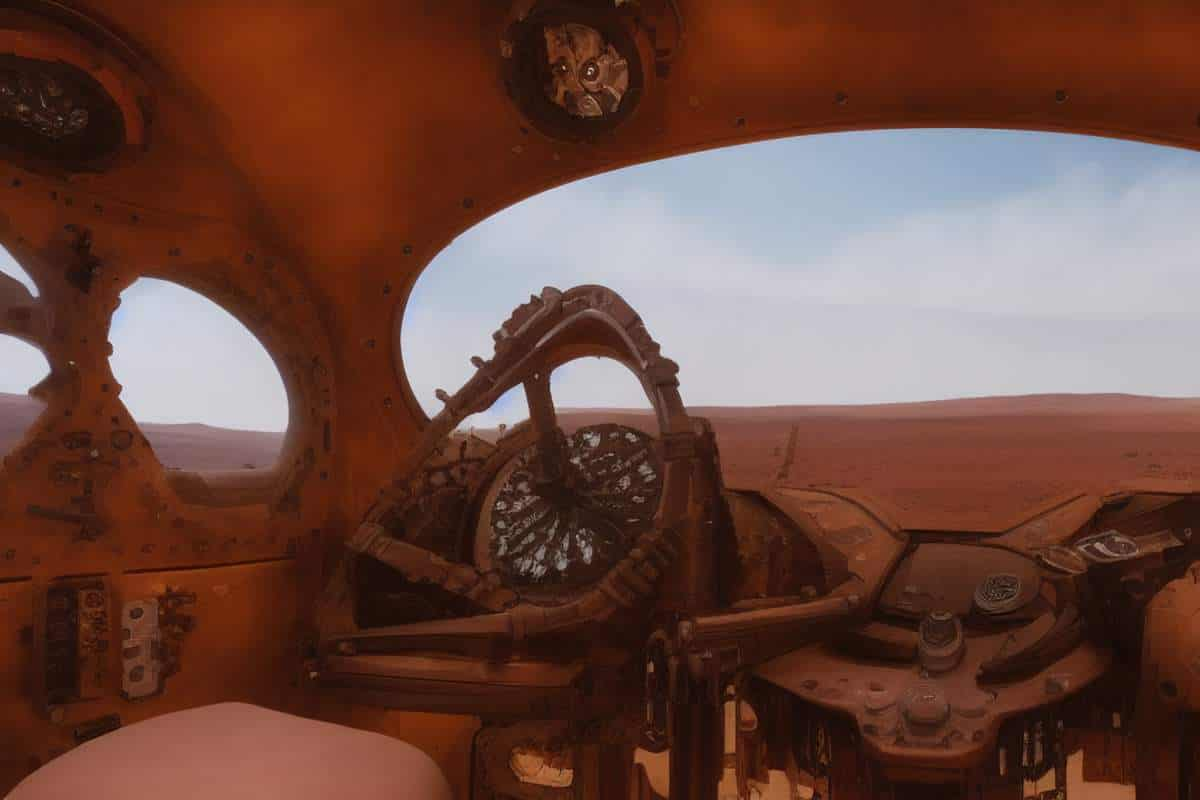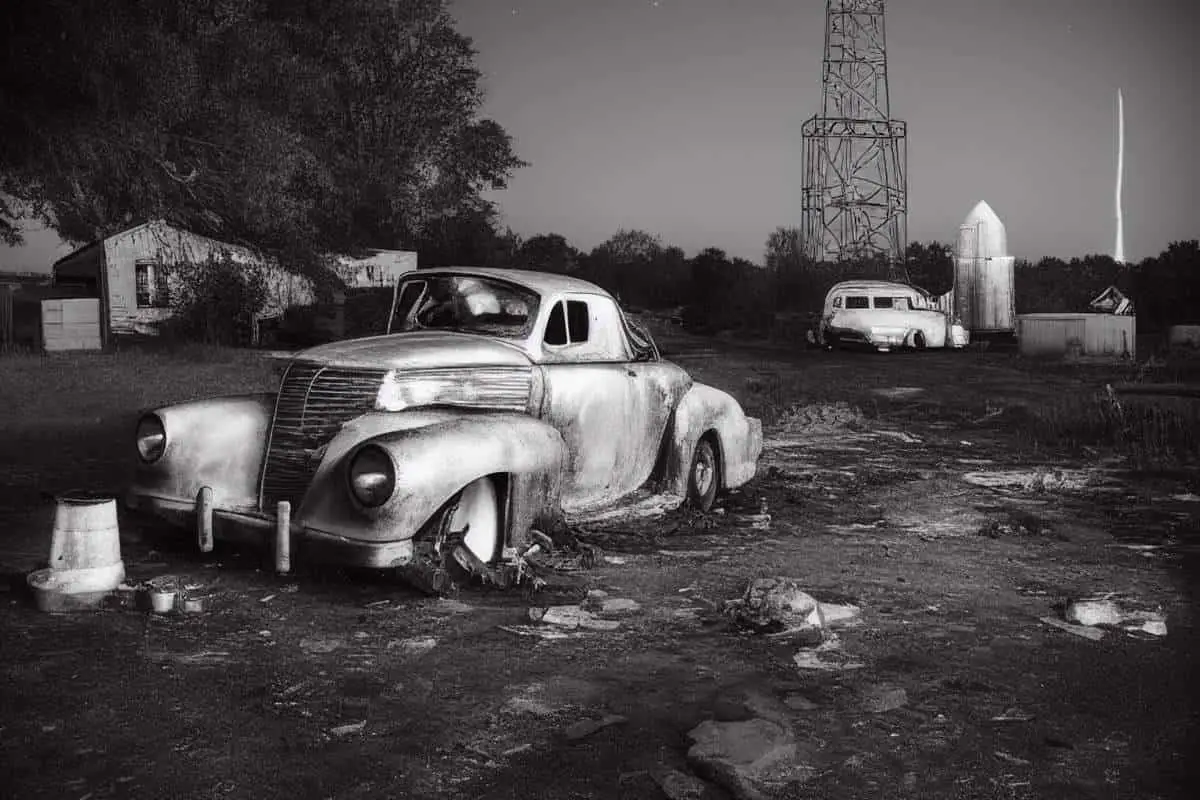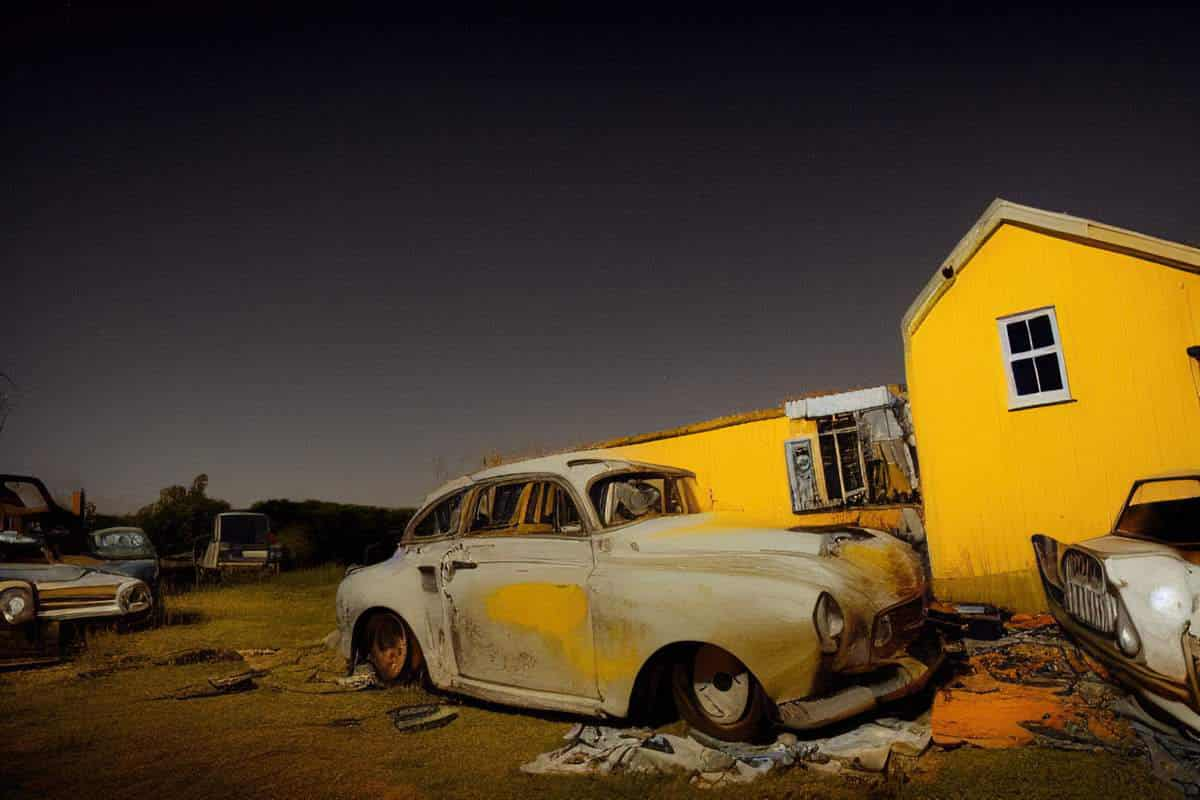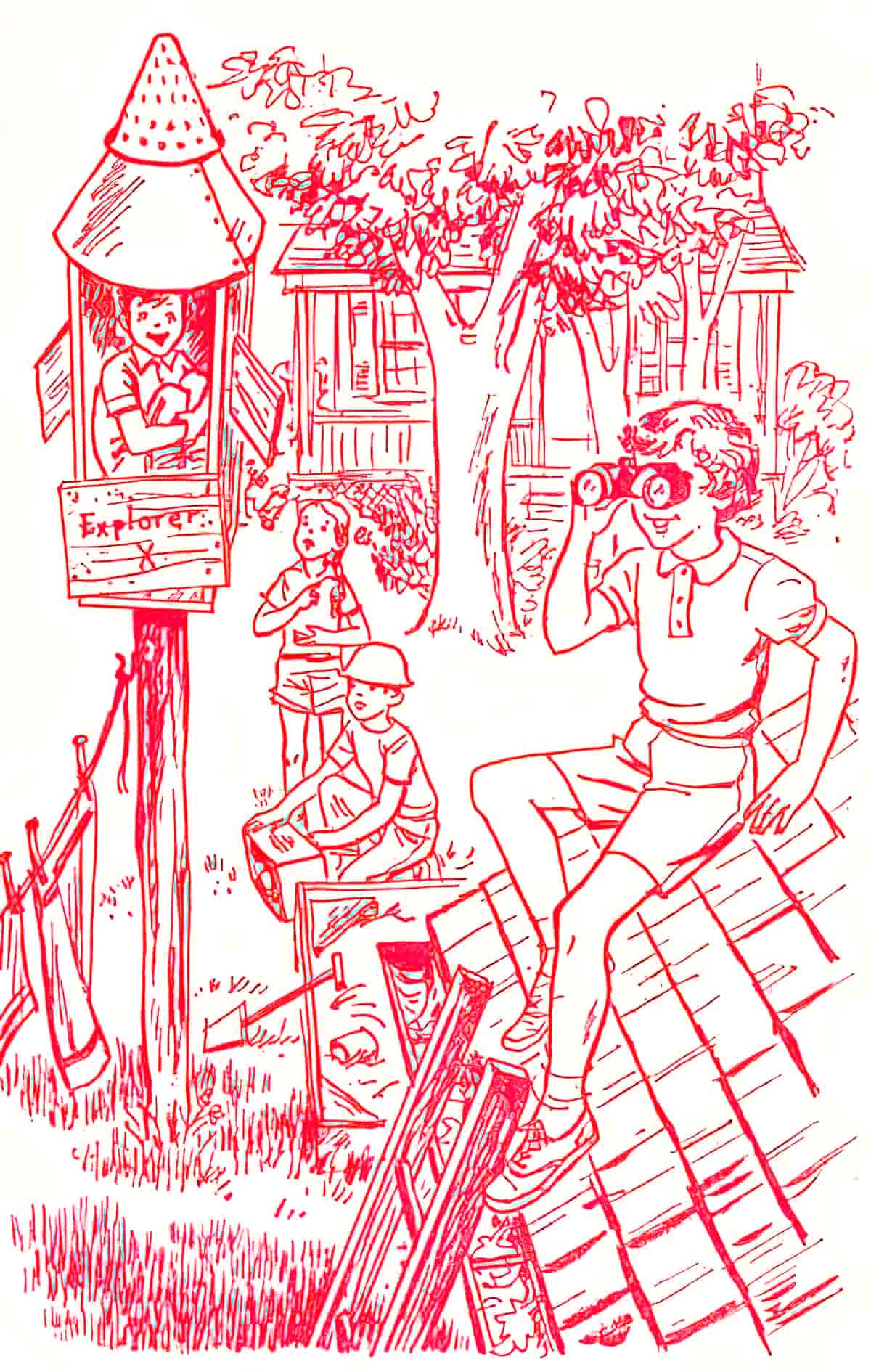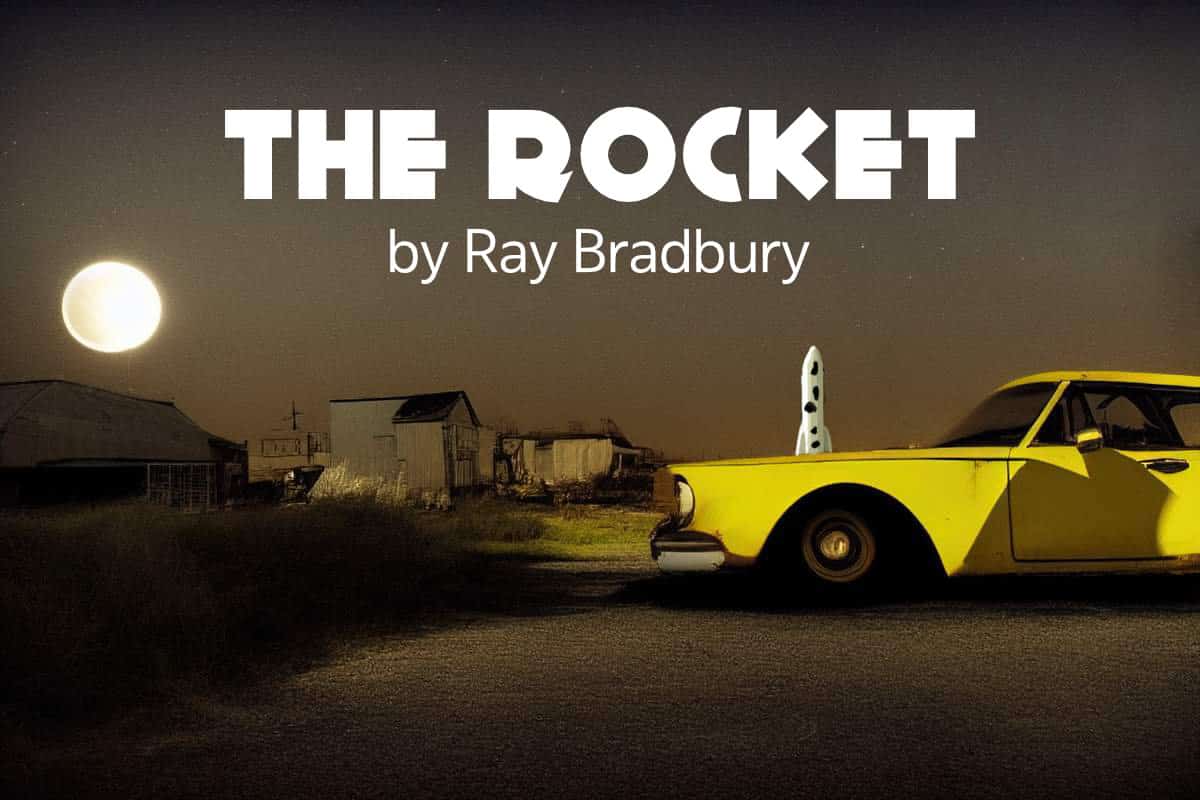Also known as “Outcast of the Stars”, “The Rocket” is a short story by American writer Ray Bradbury, included in The Illustrated Man collection (1951). It’s basically a science fiction re-visioning of famous English fairytale “Jack And The Beanstalk”.
WHAT HAPPENS IN “THE ROCKET”
A TIME OF LATE CAPITALISM
Fiorello Bodoni lives in a future where the mega-wealthy can afford space tourism. But the poor are excluded from all advantages brought by technology. Bodoni is a poor man who runs a junkyard near a river. His family lives in a nearby cottage. Forget space exploration, it seems his wife has no access to birth control.
(“The Rocket” might have seemed a far-fetched vision of the future until this year, with America overturning Roe vs Wade, and with the pandemic exacerbating the gap between rich and the vast majority of us.)
BOASTING TO THE MAN NEXT DOOR
Bodoni’s tells his neighbour he plans to explore space for himself. The neighbour tells him to keep his dreams Earth-bound, and warns him not to plant ideas of grandeur in the heads of his sons because the poor will remain poor. They would only live lives of disappointment. No mention is made of any daughters, and what daughters might want from life. In this vision of the future, women remain stuck in the 1950s, though sometimes mid-century authors make their own version of a nod towards female emancipation: When Bodoni offers the trip of a lifetime to his wife, that would be quite something. No one in the 1950s was thinking women could withstand space. Women are fragile creatures, of course, because of all the *hand waves* baby-making gear.
Things started changing in the 1960s. The first woman to fly in space was Soviet Valentina Tereshkova, aboard the Vostok 6 space capsule on June 16-19, 1963. But the first American woman in space was Sally Ride, and not until 1983.
“I remember the engineers trying to decide how many tampons should fly on a one-week flight; they asked, ‘Is 100 the right number?’”
Sally Ride
Ray Bradbury reinforces rather than subverts the widely-held 1950s belief that women cannot possibly go into space. He gets his fictional wife pregnant. “Why didn’t you tell me?” the husband demands to know. Well, what did he think would happen? Same as what happened last time, and the time before that. In this milieu, a man should probably just assume his wife is permanently pregnant until proven otherwise. I don’t blame the wife for failing to tell him.
Anyway, Bodoni spends money he doesn’t have on a scrap rocket. It sits gleaming and white in his junk yard. His wife isn’t happy about this waste of $2000.
LINK TO JACK AND THE BEANSTALK
So far, so “Jack and the Beanstalk”. Jack was a dreamer, too. Sent into town to sell their cow, he came back with ‘magical beans’. The mother was so mad she whipped him and threw the beans out the window. But in the story, Jack was not wrong to dream. His big ideas led him up the beanstalk into the realm of the ogre (who we might code as the one percent economic elite). He took for himself what had not been offered, as a poor boy from a poor family.
MATURE WOMEN; DREAMER MEN
The women in these stories are a peak example of the Female Maturity Principle at work — men are the ones with wild ideas; women are the sensible, anxious naysayers, lacking in imagination. If it’s not the mother, it’s the wife. If the men listened to their mothers and wives, no one would ever get anywhere.
In “The Rocket”, Bradbury’s creation of Fiorello Bodoni has only saved enough money to send one family member into space. He offers the opportunity to his wife, but Ray Bradbury has created a wife who is newly pregnant. It wouldn’t be safe.
So the husband modifies his (very stupid) plan.
KEEPING THE DREAM
Ray Bradbury withholds the real plan from Bodoni’s fictional wife as he withholds from us: Fiorello Bodoni has no intention of flying this heap of junk. It rattles and clanks and almost flies to pieces when he cranks it up. So when he tells his wife he’s taking himself and his children on a ride in it, the mother is — quite naturally — upset! This scene is all-too-familiar to thousands of women, forced to hand over their children to estranged, drug-addicted, abusive fathers every second weekend, worrying all the while if their shared-custody children will be safe riding in his unregistered car.
Anyway, so rather than tell his wife what his real plans are, Bodoni scares the living daylights out of her.
a 1950s vision of VIRTUAL REALITY
He has set up a virtual reality experience for his children. Well, we call it VR now, because Jaron Lanier came up with the term in the 1980s for his company VPL Research Inc. Each window of Bodoni’s rocket is a TV screen.
Fiorello Bodoni spends a number of days in the rocket with his children — who may or may not be onto him. In their imaginations, they go on a space voyage. Sure, he’s lying to his children but it’s a shared and enjoyable ruse, like the Santa Claus story parents often tell their children.
Realising afterwards how her children loved the experience, Mrs Bodoni is very happy with her husband that night in bed, telling him he’s the best father in the world.
WOMEN-AND-CHILDREN (THAT IS NOT ONE WORD)
I beg to differ. You can’t be a good father unless you’re a good father. He spent money without consulting. Wives are not children. Partners deserve full information. I remain annoyed with Fiorello Bodoni for cracking onto his poor wife that he was very likely about to kill each and every one of her children in a fiery backyard explosion, leaving her alone and pregnant, crouched in abject poverty next to the very junkyard which destroyed her entire family.



